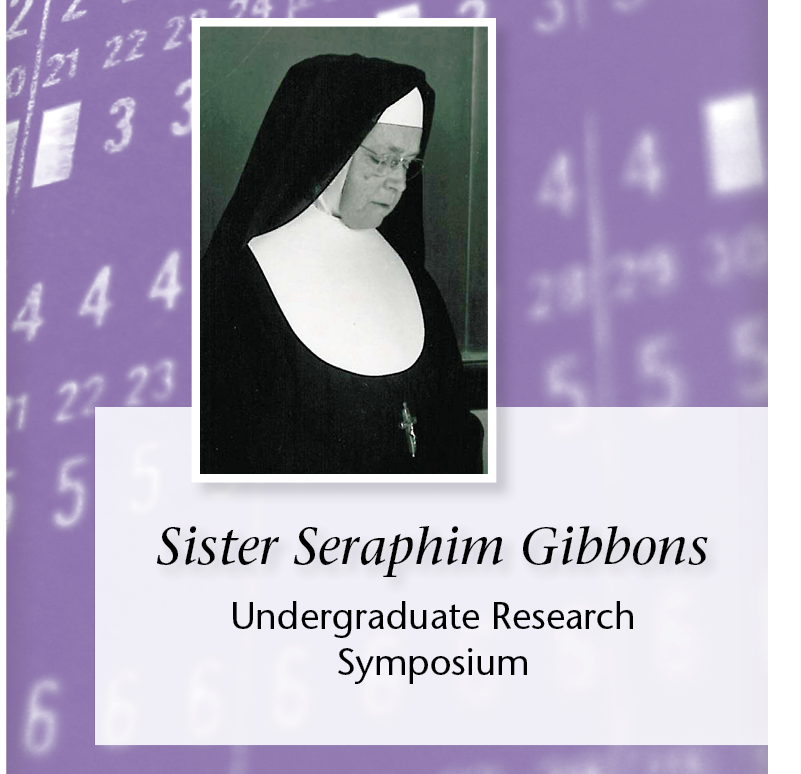360 Degrees of Learning: Students Teaching a General Psychology Lab
Faculty Advisor
Jamie Peterson
Department
Psychology
360 Degrees of Learning: Students Teaching a General Psychology Lab
Statement of the Problem: Students who tutor their peers accrue a variety of benefits, including strengthening their own academic skills, forming collaborative skills among peers and faculty, and gaining confidence and enhancing communication skills (Faiola, Fernandez, Glad, McGray, & McNear, 2008 as cited in Thieman, Clary, Olson, Dauner, & Ring, 2009; Newcomb & Bagwell, 1997). Less studied is the potential effect of having upper-division students independently conduct a laboratory for lower-division undergraduate students. The purpose of this study is to investigate the impact of independently teaching a General Psychology lab on student lab instructors.
Leaders in the teaching of psychology advocate for introductory psychology courses to “mirror the core model for the psychology major” (Dunn, McCarthy, Baker, Halonen, & Hill, 2010, p.61). The faculty at St. Catherine University (SCU) strongly agree with these leaders, and have structured a General Psychology course in which all students at the introductory level engage in the science of psychology. Students in our General Psychology course participate in a traditional lecture-style class taught by faculty, and also participate in a weekly laboratory experience taught by student lab instructors. Students in the lab increase their scientific literacy skills by learning how to read and outline psychological research articles and they explore the science of psychology by conducting three studies: a structured observation, an experiment and an archival study. Students write and revise three empirical lab reports written in APA style.
Undergraduate upper-division psychology student lab instructors lead a group of 15 students in all of these activities. Lab instructors also meet with students during weekly “help sessions” and grade two of the students’ empirical lab reports. A faculty mentor provides the lab instructors with lesson plans and Power Point slides and meets with the lab instructors weekly to discuss lab activities, pedagogy and student issues. Faculty who teach the lecture portion of the course also attend the weekly meetings with lab instructors and serve as mentors, helping lab instructors problem-solve as student issues arise.
We have evidence that the laboratory enhances General Psychology students’ understanding of research methods (Thieman, et al., 2009); the next step is to examine the potential benefits that redound to the lab instructors themselves. In this poster, we will describe data collected from lab instructors on their research method skills, information literacy and technology skills, responsible conduct of research knowledge, and communication and collaboration skills. Additionally, we will also report findings regarding the impact teaching a lab have on students’ educational and career goals.
Participants Two cohorts of lab instructors (Fall 2010, N=7; Fall 2011, Expected N=10) were selected from a competitive pool of upper-level undergraduate psychology majors at a small Midwestern university. Lab instructors were chosen based on a number of criteria: Overall and Psychology GPA, as well as the quality of written responses to questions regarding their desire to be lab instructors. A group of upper-division psychology majors (expected N=30) who are not lab instructors are being recruited to act as a comparison group.
Procedure At the beginning of both fall semesters, each cohort of lab instructors completed a research methods quiz modeled upon Lawson’s (1999) critical thinking quiz, as well as assessments of their information literacy and technology skills, responsible conduct of research knowledge and communication and collaboration skills. Lab instructors also answered questions regarding how often they engaged in informal discussions with faculty and their educational and career goals. Lab instructors completed parallel forms of the assessments again at the end of the fall semesters. Lab instructors often continue to teach the lab during the spring semester; however, demand for the General Psychology course declines for spring semester so not all lab instructors teach during the spring. For this reason the pre- and post-assessments are concentrated on fall semester.
Results & Conclusions Preliminary results from the 2010 cohort of lab instructors indicates the lab instructors did not make gains in their research methods skills, but they did make gains in information literacy and technology skills, responsible conduct of research knowledge, as well as communication and collaboration skills. Additional analyses with the 2011 cohort will also focus on how the teaching experience, combined with the support and interaction from faculty, might influence the student's future academic and career goals.
The goal of our presentation is to demonstrate how this lab instructing experience can enhance the core competencies that are essential to a quality psychology undergraduate education. This General Psychology lab model may not be transferable to all institutions; however, we hope to
show faculty how talented upper-division undergraduate students can help engage all students in the science of psychology and the tremendous benefits therein for lab instructors. Lab instructors will participate in the session and discuss their various experiences teaching a lab and how it has enhanced their learning and influenced their academic and career goals.
